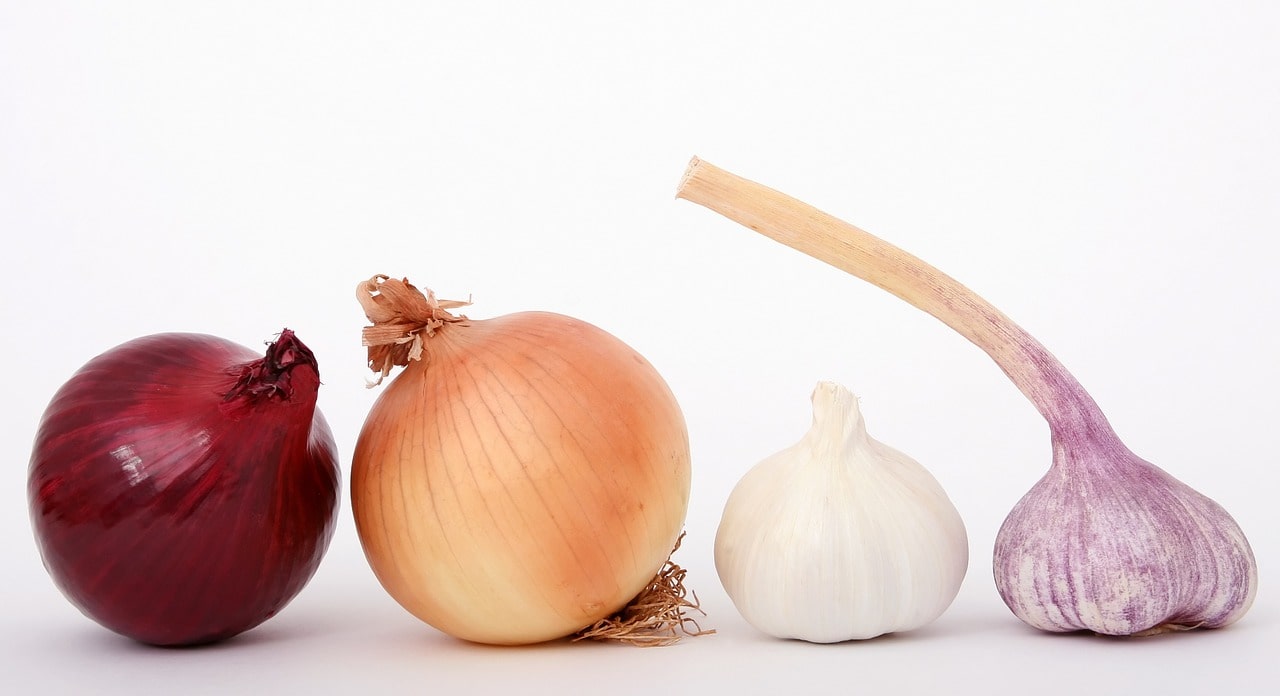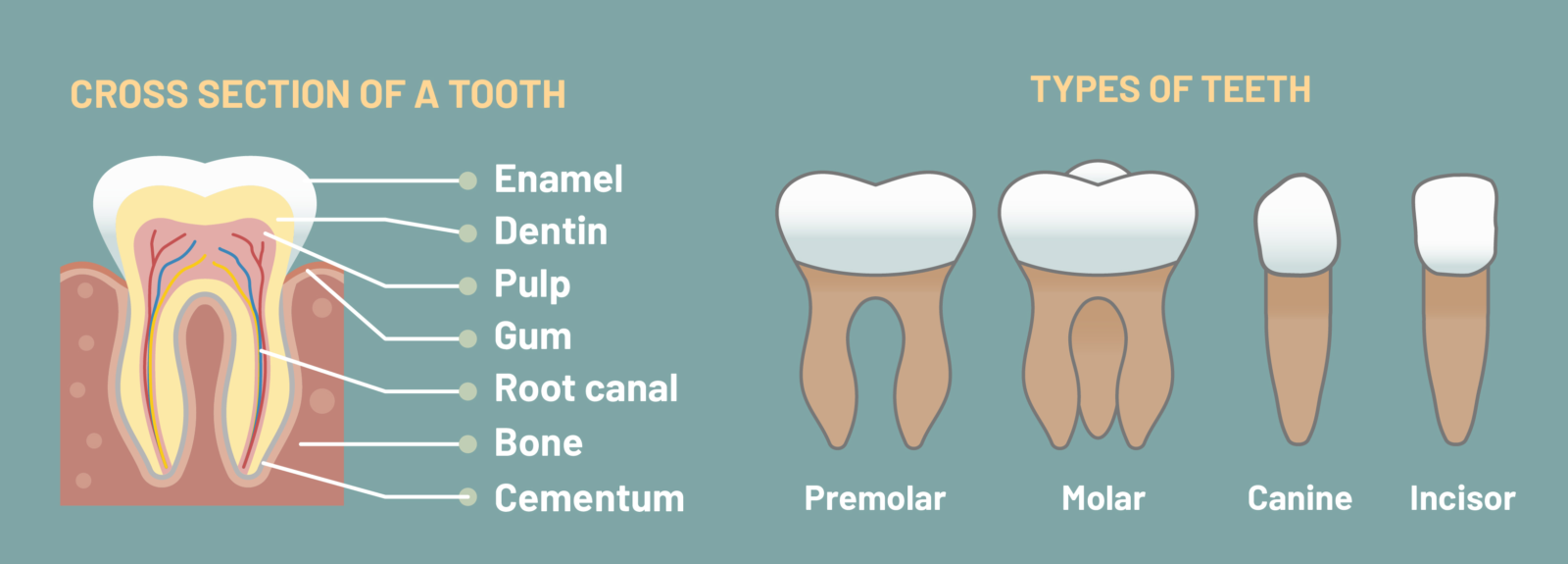While looking to substitute sugar in your diet is a good thing, sweeteners in excess aren’t necessarily the answer. Artificial sweeteners are added to lots of foods and beverages to enhance the taste of the product as an alternative to using sugar.
These sweeteners typically contain zero calories, making them a viable option for many products labelled as “Diet” or “Light.” But while they might not directly add to your waistline, sweeteners can potentially have a negative impact on your dental health in indirect ways.
Here, we investigate the relationship between sugar, sweeteners and dental decay and look at some of the ways to protect your teeth and gums from harm by minimising the effects of sweeteners on your dental health.
Sugar and Dental Decay
You probably don’t need us to tell you that sugar is bad for your teeth. In fact, sugar leads to dental decay due to a chain of events in your mouth.
It begins when harmful bacteria in your mouth produce acid in response to the introduction of sugar. These acids kickstart a process known as demineralisation, which essentially strips the minerals from your tooth enamel (the shiny outer layer of your tooth).
Though saliva fights back against demineralisation and helps to repair your teeth, the constant fight against the acid can eventually result in mineral loss (decay) in the enamel. Over a period of time, continued decay results in a hole forming in the tooth – a cavity.
So, What Does A Cavity Feel Like?
The first thing you’ll probably notice is tooth pain or sensitivity when consuming sweet, acidic, hot or cold foods. Next, you’ll feel a rough patch or sharp ‘edge’ on the offending tooth with your tongue, often with food caught in the cavity. At Tandara Dental Centre, we know that if you don’t see a dentist immediately, the cavity will worsen over time, resulting in a filling or the possible removal of the tooth.
The more sugar you eat, the more the harmful bacteria in your mouth thrives, and therefore, the more at risk you are of cavities forming.
Types of Sweeteners
As people have become aware of the negative impact that sugar has on teeth, sugar substitutes, including both artificial and natural sweeteners, have grown in popularity.
There are numerous types of artificial sweeteners used in food and drink products:
Aspartame
200 times sweeter than table sugar. There is still some conjecture about the safety of Aspartame. It is sometimes marketed as Sugar Twin or NutraSweet.
Advantame
20,000 times sweeter than table sugar (you read that right!), Advantame is typically added to baking products.
Cyclamate
Now banned in the United States but still used in Australia and elsewhere, Cyclamate is approximately 50 times sweeter than table sugar and is used in processed baked goods.
Neotame
Another sweetener commonly used in baking products, it is approximately 13,000 times sweeter than table sugar.
Sucralose
More commonly known as Splenda, Sucralose is about 600 times sweeter than sugar and is used for cooking, baking and as a table sugar alternative.
As you can see, artificial sweeteners tend to be extremely sweet and are used in much smaller quantities than sugar in foods and drinks.
Many people opt for natural sweeteners, preferring them to their artificial counterparts. Stevia is perhaps the most commonly used natural sweetener in Australia. It is plant-derived and comes with potential health benefits when used in moderation. Likewise monk fruit sweeteners.
Erythritol and Xylitol are two other natural sweeteners that can serve as sugar substitutes. These are sugar alcohol sweeteners and are less commonly available than Stevia.
Sugar Substitutes and Oral Health
Generally speaking, artificial sweeteners don’t cause dental decay in the same way that sugar does. The same is true of natural sweeteners, with Xylitol, in particular, thought to even enhance dental health when consumed in moderation.
But it’s not as black and white as you might think, and swapping sugar for sweeteners might not necessarily be the answer.
For instance, swapping a sugary soda for its ‘diet’ version might seem like an obvious choice if you’re looking to reduce your sugar intake but can’t prise yourself away from carbonated drinks. However, as Harvard researchers point out, relying too much on sweetener-laden products like diet sodas, can lead you to shun healthy and nutritious foods in favour of more artificially flavoured ones of poor nutritional value.
Moreover, some people who opt for diet products simply overcompensate by overindulging in other sugary foods. For example, they might drink a low-calorie, diet soda alongside eating a doughnut!
Equally, there’s the thought process that if you only drink diet sodas, you don’t need to worry as much about flossing or visiting the dentist regularly, which couldn’t be further from the truth.
Tips for Minimising Sweetener Effects
So, while sweeteners don’t cause dental decay in the same way as sugar, you still need to be mindful of your intake.
Here are some tips that will help you minimise the negative impact that sweeteners can have on your teeth and gums:
Consume sweeteners in moderation
Like everything, sweeteners should be taken in moderation. Don’t forget that some sweeteners can be up to 20,000 times sweeter than sugar, so be careful how much you include in your diet.
Don’t neglect your dental health
Even if you manage to reduce or eliminate sugary products from your diet, don’t neglect your dental health. Brush twice daily, floss every day and use an antibacterial mouthwash. You should also schedule regular dental check-ups to ensure your teeth are healthy.
Opt for natural sweeteners where possible
Natural sweeteners tend to be a better option than artificial sweeteners. For instance, if you want to add a natural sweetener to your morning tea or coffee, try a stevia or monk fruit sweetening product.
Balancing Sugar Substitutes and Dental Health
The bottom line is that sweeteners – both artificial and natural – can be viable sugar substitutes when used in moderation. Reducing your sugar intake reduces your chances of suffering from dental decay and protects you from cavities.
However, you should only consume sweeteners in moderation and recognise that they can potentially lead to issues themselves, particularly in relation to what you eat or drink alongside those sweetener-enhanced products.
Finally, please remember to maintain good oral and dental hygiene even if you manage to remove most sugary foods from your diet. You still need to clean and floss well, and attend the dentist regularly for optimal dental health. Contact us to book an appointment today and – don’t sweet-talk yourself out of healthy teeth!










